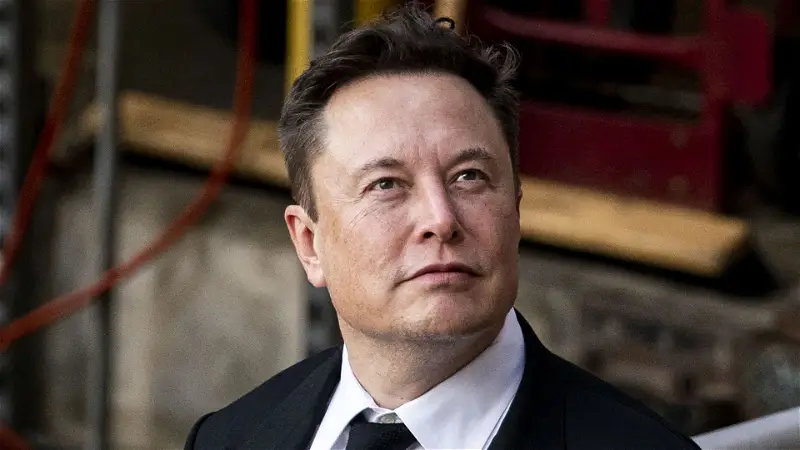In a groundbreaking move, the President-elect of the United States (US) Donald Trump has appointed tech mogul, Elon Musk and entrepreneur, Vivek Ramaswamy to lead the newly formed Department of Government Efficiency (DOGE).
Their appointment was announced in a statement issued by Trump on Tuesday and shared on Musk’s X handle on Wednesday morning.
New Telegraph reports that the duo appointment signals a bold step toward reshaping the US government.
Speaking on their appointment, Trump emphasized that the appointments of Musk and Ramaswamy are part of a larger vision to “Dismantle government bureaucracy, slash excessive regulations, cut wasteful expenditures, and restructure federal agencies.”
The President-elect, now 78, noted that DOGE would collaborate closely with the White House and the Office of Management and Budget (OMB) to implement substantial government reforms aimed at efficiency and innovation.
Musk’s statement highlighted the scale of the endeavor, likening it to “The Manhattan Project” of modern governance.
“Together, these two wonderful Americans will pave the way for my administration to dismantle government bureaucracy… essential to the ‘Save America’ movement,” Trump remarked.
He further stressed that the initiative would send “shockwaves through the system.”
The formation of DOGE represents Trump’s commitment to fulfilling long-held Republican goals of minimizing government overreach and fostering a more entrepreneurial approach to governance.
The department will serve as a strategic advisory body, providing reform guidance and aligning with OMB to streamline operations across federal agencies.
Observers see the appointments of Musk, known for his transformative work in tech and space industries, and Ramaswamy, a businessman and author with a focus on American renewal, as a significant shift toward introducing innovative practices in Washington.
The duo’s leadership is expected to drive the agenda of efficiency and modernization in Trump’s upcoming term.
The move has already drawn widespread attention and is anticipated to shape the future of U.S. governance, reflecting a new era that prioritizes effective management and systemic reform.








